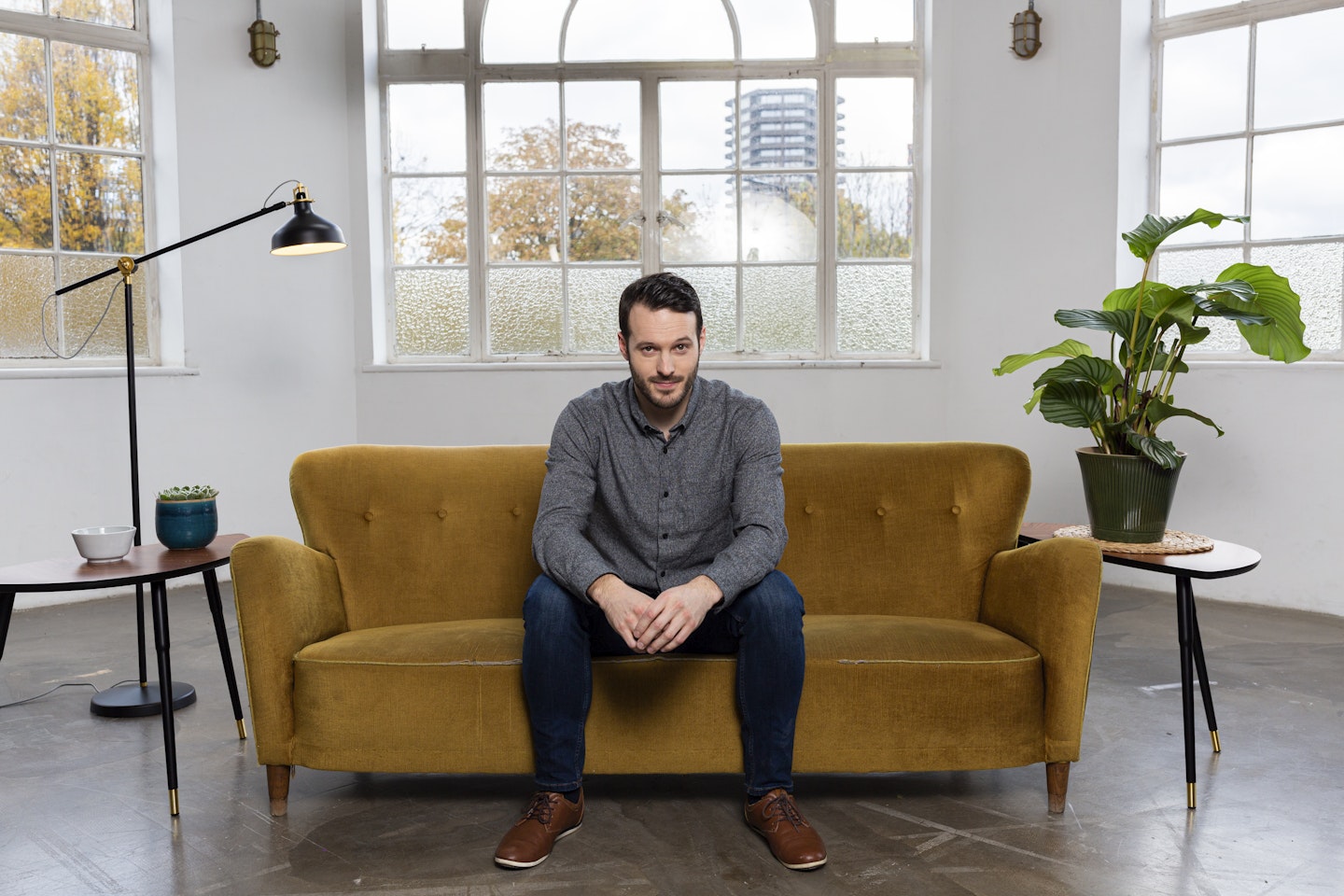We all have a bad habit we want to shake off. From smoking to frequently looking at our phone, it's easy to get ourselves into a negative cycle of bad habits and struggle to get out of them. Here is some expert advice to quit your bad habit for good.
Psychological and practical tips to help you quit smoking
Know your reason for quitting
It’s important to be honest with yourself, why are you quitting? Is it to save money, to improve your health or the health of those around you or is it simply to help smell better and look younger? Whatever your reason, and everyone will have their own, find yours, write it down and stick it everywhere you would normally smoke to help remind yourself why you’re making this positive change.
Stay away from triggers
There will be certain things in your daily routine that you associate with smoking. It might be a morning coffee, meeting with certain friends or during your break at work. Take yourself away from places or things that might make you want to smoke to help you avoid temptation. For the first few days avoid your triggers or mix up your routine.
Text three friends
If you’re tempted to smoke, try texting three friends and make yourself wait for their replies before you give in. By the time they’ve all replied, you won’t want to smoke anymore as the temptation has passed.
Straw Therapy
It’s pretty much what it says on the tin. If you are tempted to smoke, you can replace a cigarette with a straw. Cut down a household straw and use it as you would a cigarette. So much of smoking is anchored to the hand to mouth action, the feeling of something in your hands and taking deep breaths. This ‘straw therapy’ can help psychologically trick your body into scratching that craving itch.
Relax
Stopping smoking can make you feel more stressed than normal so make sure you take some extra time out to relax. Whether it’s going for a run, trying some yoga or using self-hypnosis and breathing exercises it’s important to make sure you stay on top of your game and keep motivated whilst you’re quitting.
Get external help and support

Quitting can feel isolating, overwhelming or challenging so having somewhere to turn can help with those anxieties. The first seven days on your journey to quit smoking for good are absolutely vital to long-term success, and 83.8 per cent of UK smokers feel that they could reach this key milestone with the right help and support. Change Incorporated has a whole host of resources on their website to help you stop smoking. You can pledge to quit by visiting https://uk.changeincorporated.com/to get extra help and support. If you’re quitting in January, you can get seven free videos from doctor turned hypnotist Aaron Calvert (me) to support you through the first seven days of your quitting journey.
Two thirds of UK smokers say 2020 is the year to quit cigarettes
Daily video series by doctor turned TV hypnotherapist Aaron Calvert on Change Incorporated uses self-hypnosis, mindfulness and guided breathing exercises to help smokers who are ready to quit get in the right mindset* for their first seven days tobacco-free
Research shows that people who stay off cigarettes for a week are more likely to be smoke-free six months later, compared to those who relapse during the first seven days.
Nearly two thirds of UK smokers (61.1 per cent) hope to quit during 2020 with over four million (56 per cent) claiming to want to quit over the New Year. Over half are feeling nervous or anxious about their quit attempt, while nearly a quarter (24 per cent) are excited at the prospect.
Ready for the New Year, Change Incorporated, a VICE Media company, has partnered with doctor turned TV hypnotherapist Aaron Calvert to help smokers get in the right mindset to quit with an online daily self-hypnosis programme.
Aaron Calvert comments, “People who have made the decision to quit smoking cigarettes should feel incredibly proud of themselves, and the first thing for them to realise is that they are not alone. There are loads of people all around the world planning quit attempts right now, and I hope the tips and tricks I share in the video series make it as easy as possible for people to get through those first seven days as non-smokers.”
To pledge to quit smoking and sign up for the First Seven Days newsletter, smokers can visit: https://uk.changeincorporated.com/possibilities/sign-up-to-our-quitting-smoking-challenge
Top tips to stop repeating your bad habits by hypnotherapist Aaron Calvert
1. Make a change that means something to you
Make sure you have a reason, a target, a goal. You have to regularly remind yourself of the reason why you made the resolution in the first place and what you want the desired outcome to be
2. Choose your support network wisely
Tell your loved ones about your resolution as they will not only support you but encourage and provide advice to help you throughout your journey. Moreover, telling people about your resolution forces you to be honest especially early on in your journey because you have someone other than yourself to answer to.
3. Have a plan of action
Having a plan from the outset means you are more likely to succeed and stay on track with your resolution. Ask yourself how you’re going to adapt to your new lifestyle? If it’s going to the gym daily, then plan out your routine for the first 2 weeks to make sure you have time in your day to do so. If you’re quitting smoking, make sure you know what your triggers are and how you’re going to deal with them when you come up against them.
4. Be realistic about your goals
It’s important to set realistic and achievable goals as hitting these targets will help motivate you throughout your journey. If you’re trying to lose weight don’t instantly cut your portion size to a stick of celery as it will be impossible to maintain, instead cut down progressively. Your aim shouldn’t be to lose weight after just 1 week, change is a slow process that takes time - take each success as it comes.
5. Reward yourself
It’s easy to be overly critical of yourself when you don’t achieve a goal or fall back into old habits. Slipping up is normal, learn to accept it, move forward and continue with the changes you’re making. It’s equally important to pat yourself on the back when you achieve success, no matter how small. Plan to reward yourself when you reach a milestone, for instance 30 days, which is worth celebrating. Doing so will help motivate you further and give you some positive reinforcement.
More useful contacts:
